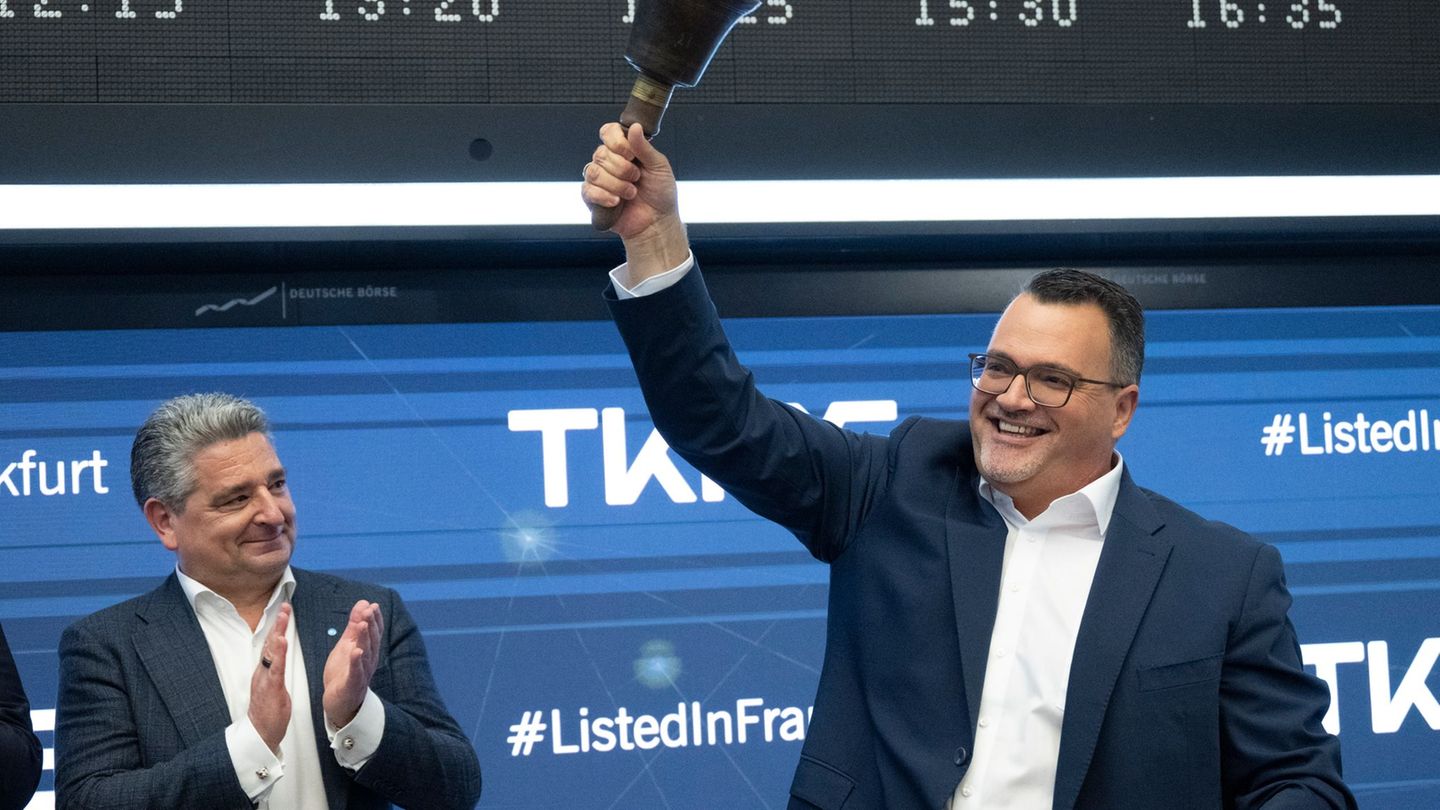In their forecast for 2024 presented on Friday, the Wifo and IHS institutes expect real economic growth of only 0.2 and 0.5 percent respectively, which basically means stagnation. In December they had predicted an increase of 0.9 and 0.8 percent respectively.
According to Wifo boss Gabriel Felbermayr, the generally pessimistic mood in the economy and among households is currently having a dampening effect on the economy. Some of it is imported from the troubled neighbor Germany, the most important trading partner. Psychology plays a big role this time: “People don’t lack money, they lack confidence.” IHS economist Helmut Hofer adds: “Households need a longer time to notice that their real wages have risen significantly and inflation is falling.” According to IHS boss Holger Bonin, Austrians’ reluctance to consume will be given up when they realize that with their salary they can “continue to afford bread, even if it costs two euros more than before.”
High interest rates are dampening demand for capital goods and residential buildings across Europe. Real consumption is expected to increase by 1.2 percent (Wifo) and 1.4 percent (IHS) this year and exports are expected to increase by 1.2 percent and 1.6 percent.
This time the IHS is significantly more optimistic in its forecast than the Wifo because it expects an economic upturn in the first half of the year: This year the IHS expects 0.5 percent GDP growth, next year already 1.5 percent (Wifo: 1.8)
Inflation will fall and unemployment will rise
However, there is better news when it comes to consumer prices: after two years of very high inflation, the inflation rate is expected to decline significantly in 2024, but is still well above the Eurozone average. The inflation rate will fall to 3.8/3.7% this year after 7.8% last year and will fall further to 2.7/2.6% in 2025, according to Wifo and IHS on Friday.
The labor market is reacting to the economy with a delay; economic researchers expect the national unemployment rate to rise to 6.7/6.9 percent in 2024 (2023: 6.4), followed by a decline to 6.5/6.6 percent.
Less greenhouse gases
The weak economy, especially in the energy-intensive industry – keyword construction slump – and the warm February have a positive effect on the climate: greenhouse gas emissions in Austria will fall by 2.5 percent this year, which is a greater decline than Wifo had last calculated.
For the first time forecast of income distribution
For the first time, Wifo also forecast indicators of income distribution. The researchers see a renewed increase in the risk of poverty among people and a decrease in distribution inequality.
According to the institutes, there is a risk of expensive “election sweets” in this election year, but there is simply no money for it. The current housing package is a pre-election treat. It would be important to finally tackle the major reforms of the pension, health and unemployment systems.
“}”>
Image: GEORG HOCHMUTH (APA)
Source: Nachrichten




